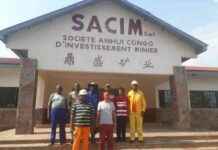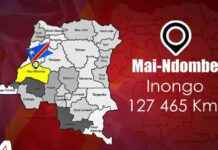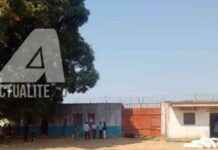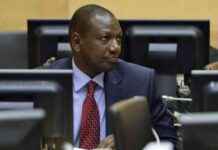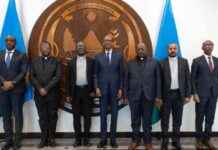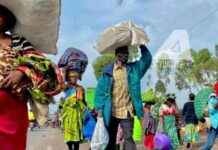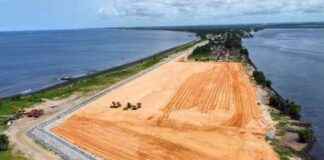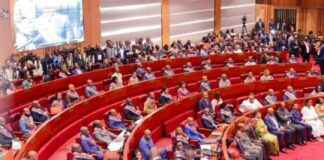Government Takes Steps to Regulate Public Spending
In a significant move to address the long-standing issues surrounding public spending execution in the Democratic Republic of Congo, Prime Minister Judith Suminwa Tuluka announced a new regulatory framework during an extraordinary Council of Ministers meeting on Wednesday, January 15, 2025, at the African Union City.
Implementation of New Legal Framework
During her address, Prime Minister Judith Suminwa Tuluka informed government members about the enforcement of a revised manual of procedures and spending circuits in the DRC. This manual, outlined in the interministerial order n°110/MINETAT/MIN BUDGET 2024 and CAB MIN-FIN 2024/123 dated December 20, 2024, now governs all public spending execution processes by credit managers.
Ensuring Fiscal Stability
The application of this interministerial order aims to ensure precise control over programming and executing public expenditures, aligning with budgetary instruments such as the budget engagement plan and cash plan. This fundamental step is essential for upholding macroeconomic stability and financial governance in the country.
Parliamentary Oversight and Accountability
In recent years, public spending execution in the DRC has often disregarded existing regulations, leading to concerns raised by parliamentarians during budget accountability reviews in the National Assembly or Senate. To address these challenges, the National Assembly has committed to closely monitoring how the government mobilizes and allocates revenues for the 2025 budget execution, emphasizing the need to bring order to this critical aspect of national governance.
As a journalist, I’ve witnessed firsthand the impact of mismanaged public spending on communities across the region. The consequences of financial mismanagement are far-reaching, affecting essential services, infrastructure development, and overall economic progress. By implementing robust regulatory measures, the government aims to restore trust, transparency, and accountability in the management of public funds, ultimately benefiting the citizens of the Democratic Republic of Congo. Let’s stay informed and engaged as these reforms unfold, shaping the future of fiscal governance in the country.



